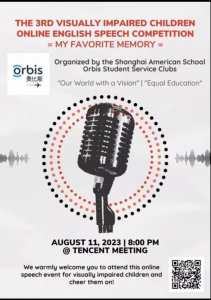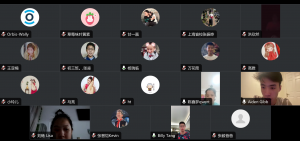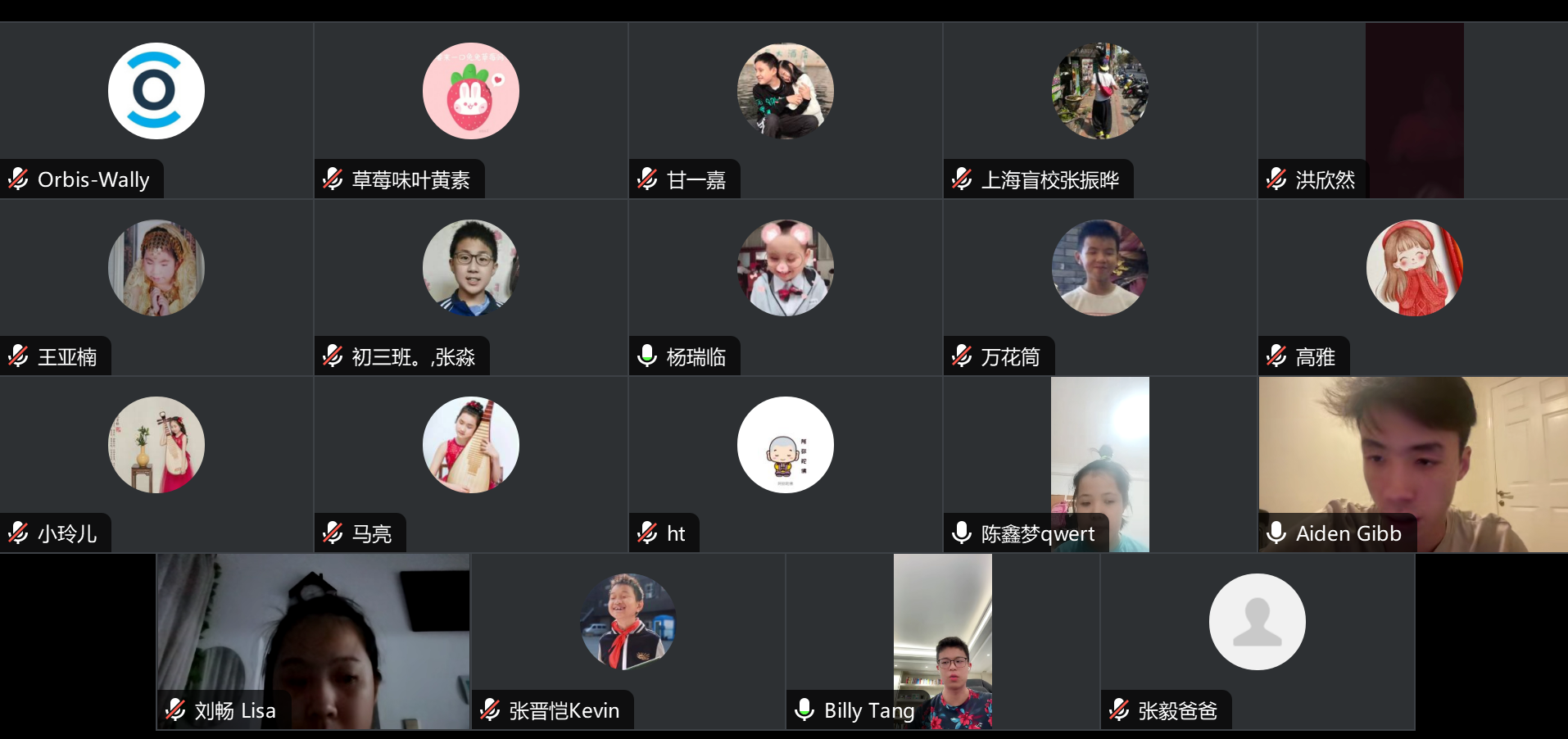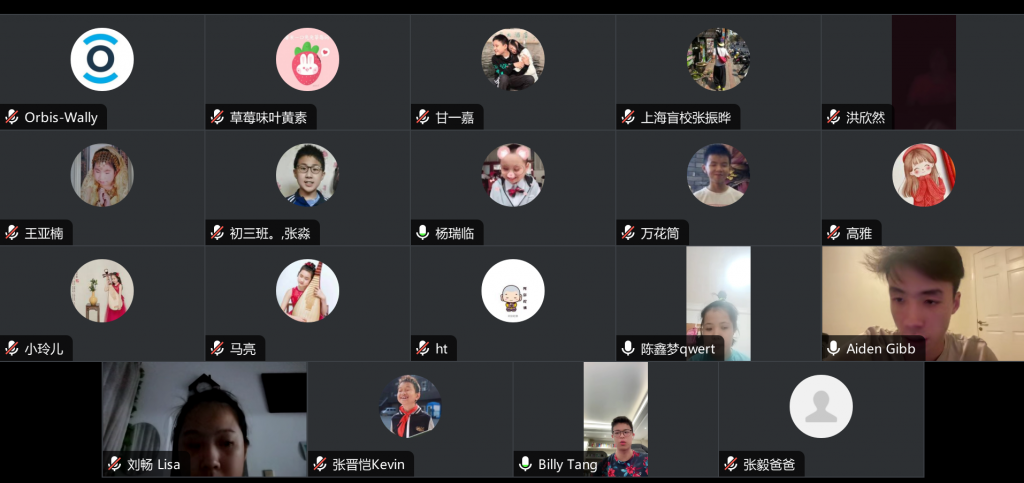Another summer concludes as the 2nd annual ORBIS public speaking competition finishes with a bang. On the final day, students presented a speech on their favorite memory, describing a moment that dramatically influenced who they are today. Students shared memories from their first-time receiving affirmation from a teacher to discovering a career for themselves to aspire to. I was consistently amazed at the level of discipline, dedication, and resourcefulness of the students, along with seeing the massive improvement of returning students.
Throughout July, students were allowed to practice and hone their speaking skills through group lectures led by my peers and I. We improved upon last year’s curriculum by incorporating more interactive activities that facilitated audience engagement, creating more chances for students to simulate the tournament environment by speaking in front of a group of people. These activities included commentary sections where I prepared multiple recordings of the same script but incorporated different mistakes in tone, volume, pacing, and delivery, which the students are supposed to point out and describe how they would incorporate into their practice. In addition to this new activity, we ran more one-on-one lessons featuring longer sessions to help students with pronunciation and proper pacing. We also increased the frequency of revisions from tutors to challenge returning students with a higher intensity level of training. Ultimately, all of this practice paid off, allowing students to articulate their stories with clarity and confidence.
What was unique about my experience working with ORBIS this time was that it needed to be more relevant to the actual process of hosting and leading the tournament. Instead, it has more to do with the networking aspect and promotion of ORBIS and the event after it has finished. What allowed us to attract more engagement this year was primarily due to increasing the intensity of the campaigning we did for the event, from creating digital posters to a more targeted use of social media algorithms, which resulted in not only an increase in participation from blind schools but also a surprising increase in volunteers wanting to help out. Before this, I’d always been naïve, believing that charitable causes did not need marketing. Doing so would take resources and time away from helping the blind school students, making our project disingenuous. In actuality, things like marketing and promotion go hand in hand and frequently are necessary to run a sustainable initiative. In the future, the following contribution I want to make is expanding the network of volunteers and blind education organizations that I can work with, as the next step in making our model successful is connecting with other institutions to pool together our expertise and skills to create a more significant impact.
-Billy ’25




